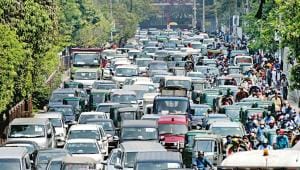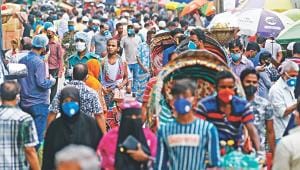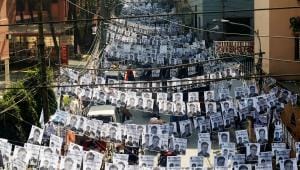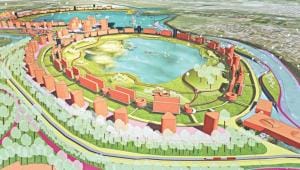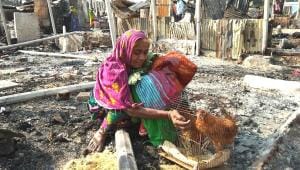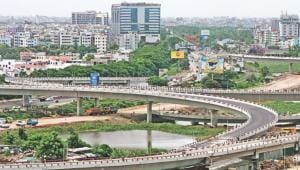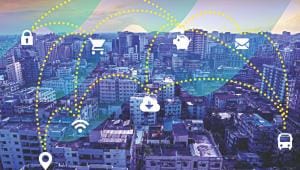The future of Bangladesh’s new frontier cities
According to media reports, the Executive Committee of the National Economic Council (ECNEC) recently decided to demolish and rebuild 805 bridges nationwide to pay the price of erroneous planning.
6 November 2021, 18:00 PM
Reimagining post-pandemic cities and towns
Covid-19 has affected millions of people globally including unprepared city authorities and governments. Over 95 percent of the cases are in urban areas, making this pandemic an acute urban humanitarian crisis.
29 October 2020, 18:00 PM
Dhaka’s ‘coordination’ problem
To offer better city services to the inhabitants of Dhaka, past governments have stressed on the “coordination” of activities of all the city service providers—as many as 50—through forming committees.
18 January 2020, 18:00 PM
Why a national urban policy should be our top priority
Bangladesh’s rapid urbanisation has accelerated the country’s social and economic progress, making it one of the world’s fastest-growing economies. But delays in adopting a national urban policy are limiting the rate and scope of these important gains.
30 October 2019, 18:00 PM
In pursuit of social security for the urban poor
It was a week after the recent fire incident that turned everything to ashes in a slum in Mirpur when people like Shahida Begum were looking for help to restore their normal lives. The only people that came to their aid and fed them were their neighbours. Poor people
16 September 2019, 18:00 PM
Is Bangladesh ready for its urban future?
Today, at least one in four people in Bangladesh lives in urban areas. And in 30 years, at least half of the country's population will be living in cities.
30 October 2018, 18:00 PM
Framing a shared urban vision
Bangladesh can become the world's 28th largest economy by 2030, according to PwC. Goldman Sachs has already listed the country as one the "Next 11" high potential economies of the 21st century.
21 February 2018, 18:00 PM
